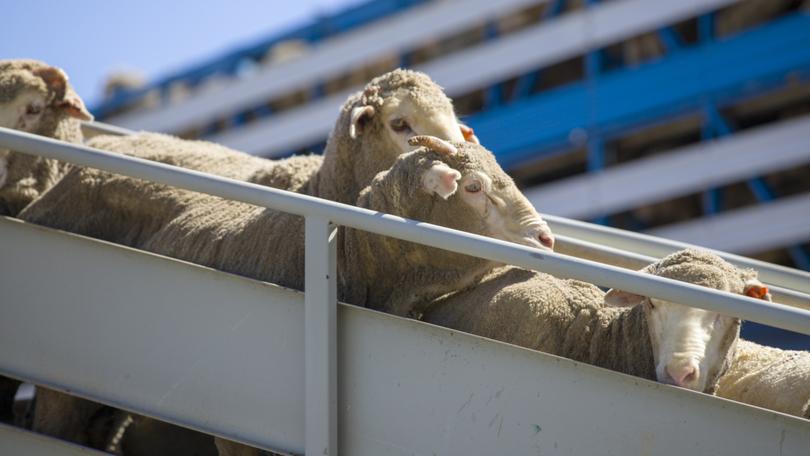EDITORIAL: Ideology rules in the abandonment of the sheep trade
When Labor made its initial pledge from the opposition to shut down the live sheep export industry, all the way back in May 2018, there was a clear justification for doing so. But things have changed...

When Labor made its initial pledge from the opposition to shut down the live sheep export industry, all the way back in May 2018, there was a clear justification for doing so.
That announcement came not long after 2400 Australian sheep perished on board a ship en route to the Middle East.
The deaths of those animals from heat stress outraged Australians, who rightly held high expectations for animal welfare.
Sign up to The Nightly's newsletters.
Get the first look at the digital newspaper, curated daily stories and breaking headlines delivered to your inbox.
By continuing you agree to our Terms and Privacy Policy.And no one felt that outrage more keenly than the rural families who reared those sheep. In many cases, their dedication to raising livestock with which to feed the world has spanned generations.
To its considerable credit, the industry understood it was at a critical juncture, and responded.
Big investments in both time and money were made to improve welfare standards across the supply chain.
Those investments paid off. In 2018, 0.53 per cent of Australian sheep exported died before reaching their destination.
Last year, that figure was just 0.17 per cent.
It’s a remarkable turnaround and demonstrates the industry’s commitment to animal welfare and determination to win back its social licence.
And yet those efforts have made no difference to the Labor Government, which is pushing ahead with its plan to shutter the industry, which employs 3000 people across Australia, by May 2028.
Why? It seems Labor has decided the livelihoods of those 3000 people are an acceptable trade-off for the inner city votes it believes closing down the industry will win it.
Agriculture Minister Murray Watt even has the temerity to suggest it’s a good thing for graziers. According to him, sheep producers can simply stop sending their animals overseas and process them here instead.
But as any one of those 3000 people will tell you, it’s just not that simple.
Abattoirs are already full. Add to that a glut of sheep that would otherwise be destined for Middle Eastern plates, and you have the makings of a market crash. With many farmers already struggling due to drought conditions in the west, this could very well send many to the wall.
Even if the abattoirs did have capacity to process many hundreds of thousands more sheep each year, they would struggle to find a market. The countries to which Australia currently exports have strong preferences for live animals for reasons of culture and religion. They will not accept boxed meat and Australia’s withdrawal from the trade will do nothing to dampen their appetite.
Other nations — which lack Australia’s stringent animal welfare requirements — will fill the void.
Abandoning the trade and our partners means animal suffering will only increase.
Thousands of Australians were put out of work and thousands of animals were condemned to die inhumane deaths.
All for the sake of winning the votes of a rowdy minority of inner-city animal rights activists, many of whom know nothing of the trade beyond biased snippets that pop up on their Instagram feeds.
